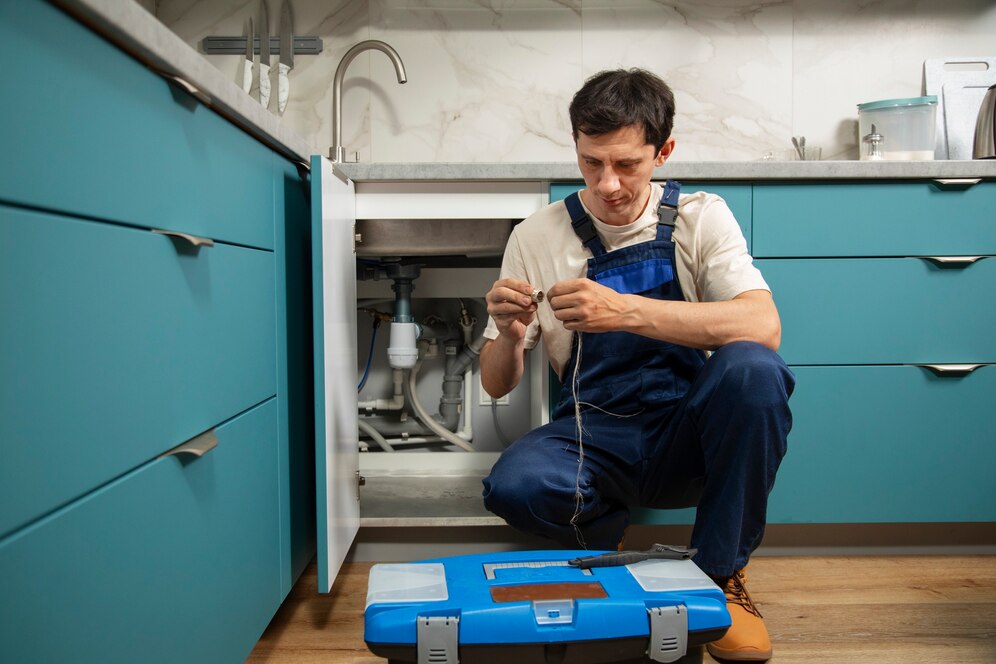It is easy to take electricity for granted. As a homeowner, you usually do not think much of your utility company providing clean, uninterrupted electricity. But, like anything else, there is always the possibility of a problem.
What is Surge Power?
A power outage is an unusually high voltage that lasts a short time.
An increase in power is a short-term flow of electrical, current, or energy in an electrical circuit. This is usually a low-frequency flow voltage that lasts less than half the normal waveform wave cycle and may add or subtract with positive or negative polarity.
This usually increases the power volume from the source, such as the supply of a pipe or generator, and lasts only a few microseconds. Ordinary surges can last up to 50 microseconds, and although very short, they can go up to 6000 Volts and 3000 Amps when they reach the powered machines.
What Do Power Surges Do to Ventilators and Furnaces?
A power outage can destroy any appliance or system in your home. Damaged items for large tickets such as a furnace or air conditioner can show high costs after an explosion. This can lead to an expensive AC repair in Anaheim.
When your home is a victim of a power outage, capacitors throughout your electronics cannot control the extra power. These capacitors are limited to carrying so much power only. When they are overburdened, they may burn out. With off-line capacitors, the furnace or air conditioner simply stops working.
At the same time, that huge turbulence generates a ton of heat. The stronger the force, the greater the temperature. Electronic elements are critical. At high temperatures, parts such as circuit boards are shortened. Suddenly, you no longer have an active HVAC system.
You use props protectors to keep things like laptops and televisions safe from these types of events. They are expensive and efficient, but they are often not used for large items such as kitchens and air conditioners. If you’re still facing problems, then contact a professional for AC repair in Long Beach.
Do You Need To Reset Your AC After Power Out?
If a storm or other event has caused a power outage in your area, then you may need to restart your air conditioner. Use these basic steps to do so effectively and safely:
- Use a thermostat to turn off the AC
- Use the circuit breaker to turn off the air conditioner
- Use the circuit breaker to turn on the air conditioner
- Wait about half an hour
- Use the thermostat to restart the system
These basic steps will ensure that your AC unit returns to full capacity in a short time. Remember that power outages always follow power outages, so it is important to restart your HVAC system properly.
Power surges are unexpected events, and they can be frustrating, especially if you are unprepared. If you want to protect your furnace and air conditioner and maintain it in the best condition, talk to Delaware Heating and Air about installing a volt surge protector today.
If you believe that a power outage has damaged your HVAC system, then call us for professional advice for AC repair in Cerritos, CA, and the replacement of any damaged equipment.










